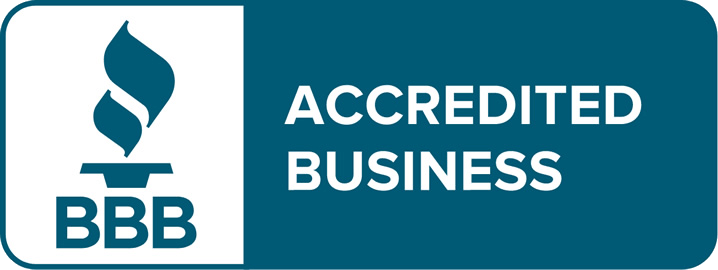IRS PENALTIES
When it comes to business tax penalties, the IRS has numerous enforcement techniques. In fact, there are over 100 different tax penalties that it can use against a business for various reasons.
If your business is facing IRS penalties, the stress can be a heavy burden. The good news is that there are possible resolutions. The first step is understanding your situation.
WHY DO IRS PENALTIES HAPPEN?
IRS penalties can occur for many reasons, ranging from failing to file a tax return to underreporting income. The fraud penalties are extreme and can be assessed at the rate of 75% of the amount that was underreported. For example, if you underreport your business’s income by $50,000 the IRS can penalize you as much as $37,500.
Two of the most common mistakes that lead to IRS tax penalties: failing to file and failing to pay on time. However, if you were to review IRS tax transcripts, you might be surprised to find out just how many penalties are at the IRS’ disposal to assess against businesses.
WHY ARE PENALTIES SO HIGH?
In a lot of ways, IRS penalty fees are excessive. The IRS’ theory is that penalties are exorbitant in order to discourage businesses from continually making payroll mistakes and not paying their withholding or income taxes.
Due to the complexity of calculating the assessment of tax penalties, the only way you will find out how much you’ll owe is after you have been hit by the penalties. By that time, of course, your business is facing a tax bill that can be extremely difficult to pay.
WHAT CAN YOU DO?
In certain circumstances, businesses can file for an IRS penalty abatement of penalties assessed using the IRS’ “reasonable cause criteria.” Generally, if your business is facing penalties due to circumstances out of your control, chances are that a formal request for abatement should be filed and negotiated with the IRS.
If your business owes an excessive amount in IRS penalties, it’s time to develop a strategy. There are options such as an Installment Agreement or Offer in Compromise, and updated IRS regulations under the Fresh Start Initiative have modified how these work. If you would like to read more about your new resolution options, download our free guide.
If you would rather talk to someone, reach out to one of our tax resolution specialists to get your tax issues under control.
Developing a resolution strategy should be your top priority. Now is the time to resolve your tax problem and get back to doing what you do best – running your business.
Connect with a tax expert about your business tax penalty situation.


